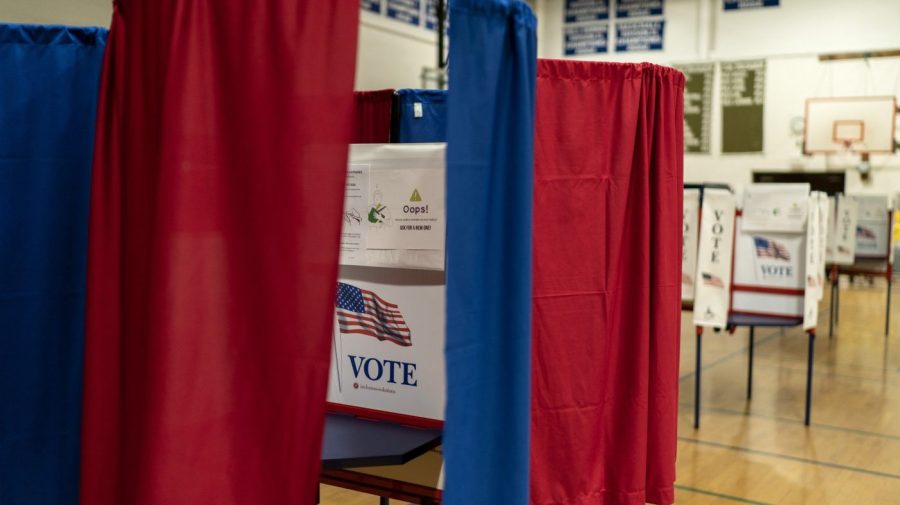Democrats’ advantages among Black, Hispanic adults hit new lows: Gallup

The Democratic Party’s advantage over Republicans in party preferences for Black and Hispanic adults in the U.S. has decreased by nearly 20 percent in the last three years, according to a new report from Gallup.
The findings, published Wednesday, show that the difference in how many Black adults identify as Democrat, or lean Democratic, and those who identify as Republican, or lean Republican, decreased from 66 percent in 2020 to roughly 47 percent in 2023. That number marks the smallest gap the pollster has recorded for Democrats since it began collecting data in 1999.
Two-thirds of Black adults polled, around 66 percent, identify as or lean Democratic, whereas 19 percent identify as or lean Republican.
Gallup found the historically low support for Democrats was also true among Hispanic adults. Those who identify as or lean Democratic saw only a 12-point advantage in 2023 — down from 28 percent in 2020 — over those who lean or identify as Republican, according to the report.
White adults, however, were relatively steady in the same period — with 15 percent to 17 percent more leaning or identifying as Republican than Democratic, according to the report.
While Democrats seem to be losing ground with Black and Hispanic voters, the party has gained support among college-educated Americans, or those who have a degree, per Gallup.
The new data comes after a poll in Decembe found that one-in-five Black voters said they would vote for “someone else” other than former President Trump or President Biden in November, even if they are their respective party’s nominee. The GenForward survey found 63 percent of Black voters said they would vote for Biden, 17 percent would back Trump and 20 percent said they would go for someone else.
Rep. James Clyburn (D-S.C.) has tried to deemphasize the president’s loss of support among Black Americans, pointing to Biden’s recent win in the South Carolina primary Saturday.
“I think the answer is emphatic yes,” Clyburn said on CNN’s “State of the Union” Sunday. “And the best illustration of that, he got 96 percent of the vote in this primary, but its largest percentage — over 97 percent — was in the town of Orangeburg where there are two HBCUs and a community college.”
The Gallup data comes from combined surveys in 2023 among 12,145 adults. As a whole, there is a margin of sampling error of plus or minus 1 percentage point at 95 percent confidence level.
For the smaller groups, however, the margins of error are larger, between plus or minus 2-4 percentage points.